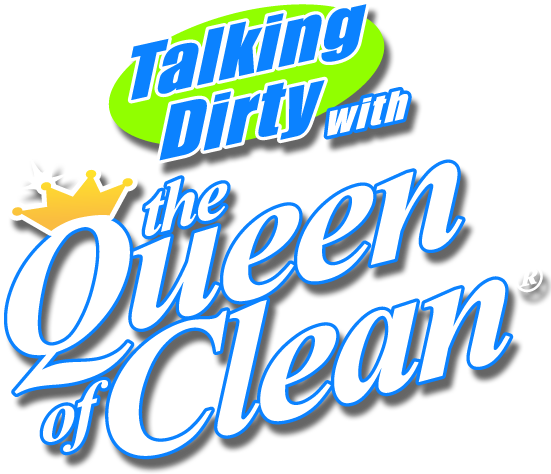CLEANING TIP SEARCH
Find your cleaning solution below
GREAT CLEANING USES FOR ALL NATURAL CASTILE SOAP
GREAT CLEANING USES FOR ALL NATURAL CASTILE SOAP (As seen on Good Morning Arizona (3TV/Phoenix) on 4/3/17 at 8:40am)
Dr. Bronner’s Liquid Castile Soaps are made using pure coconut, olive, hemp, and jojoba oils. The result is a concentrated and completely biodegradable liquid soap that cleans gently, yet effectively, and can be used in a vast number of different ways!
All-Purpose Cleaning Spray
Add 1/4 c. of castile soap to a quart of warm water, stir in well. Add essential oils, if desired, for added cleaning, disinfecting power, and fragrance. I have used Dr. Bronner’s Tea Tree Soap, which already contains tea tree oil, which I love the smell of and has antimicrobial and antibacterial properties. Pour the solution into a labeled spray bottle and use to clean hard surfaces.
Antibacterial Soft Scrub Cleanser
Ingredients:
3/4 cup baking soda
1/4 cup castile soap
1 Tbsp water
10-15 drops of melaleuca essential oil (Tea Tree Oil)
Directions:
Combine the baking soda and castile soap in a mixing bowl. Add the water and tea tree oil to the bowl and stir with a fork. Stir until you achieve a paste-like consistency. Add more baking soda or castile soap to achieve the consistency you want. Transfer to your container
To Use
Use your homemade Soft Scrub to clean your sink, bathtub, toilet, microwave, tile and grout, countertops, pots and pans, glass stovetop, concrete, stainless steel, granite, and glass. Avoid using it on porous surfaces such as untreated wood or unsealed granite or stone.
This should last on the shelf one month.
Floor Cleaner
Add 1/2 c. castile soap to 3 gallons of hot water in a bucket. Keep the solution clean and no rinsing is required.
Reusable Kitchen Wipes
The Environmental Protection Agency cites artificial fragrances in cleaning products as an indoor irritant and pollutant. A single fragrance can include as many as 600 petrochemicals—all within the word “fragrance” on the label.
Pairing these natural cleaners with essential oils only enhances their cleaning value and leaves behind a pleasant, natural scent. It’s not just an advertising gimmick that many commercial products contain citrus oils such as lemon or lime—they are natural degreasers and have antimicrobial properties.
Take an old t-shirt PJ’s or whatever you have and cut it up into “rag-size” cloths.
Pour 1 cup warm water, 1/8 cup (or 1 ounce) liquid castile soap, and 5 – 10 drops of your favorite essential oil into a jar with a tight-fitting lid.
For powerful antibacterial properties, try peppermint essential oil or Tea Tree Oil.
Place the rags into the jar with the liquid. Put the top on the jar (or whatever lidded container you prefer) and turn upside down a few times until all the rags are soaked.
After being used, the cloths can be washed and returned to the jar for use over and over again.
Handwashing Dishes
Fill your sink or a basin with 10 parts warm water and 1 part castile soap, and wash dishes as usual. The same ratio can be used to make a smaller amount to use in a soap-dispensing scrub brush.
Fruit and Veggie Wash
As consumers become increasingly more concerned about the use of harmful pesticides and sprays on our fresh produce, Fruit and Veggie Washes have become a popular solution. They come with a high pricetag, but with a little castile soap, you can make a simple and effective wash for your produce in minutes.
Simply add 1/4 tsp. of castile soap to a bowl of water and stir. Dunk your produce into the bowl and swish around to loosen any dirt or debris. Rinse well under cold water and allow to drain or dry with a paper towel.
Ant Spray
Add 1/4 c. of tea tree soap to a quart of water and stir to mix. (You can also just add 6-8 drops of Melaleuca essential oil to the soap if you don’t have the tea tree soap on hand.) Spray indoors or outdoors, wherever ants have been spotted or are accumulating.
Note: Do not use on plants, as this concentration will burn plants!

